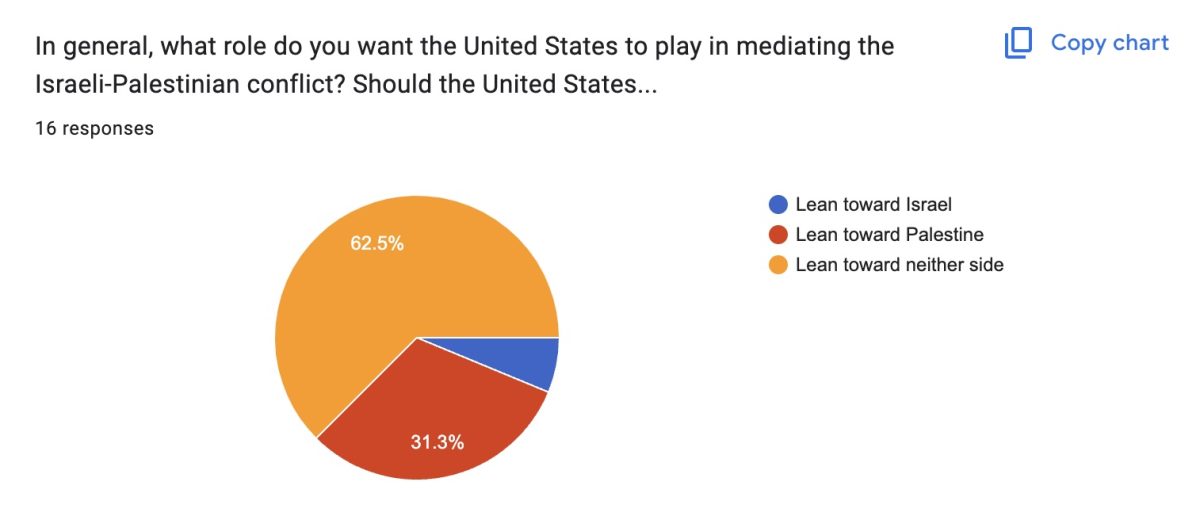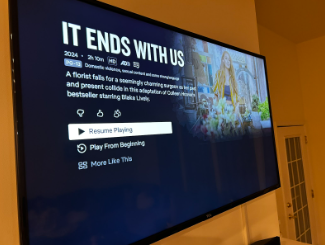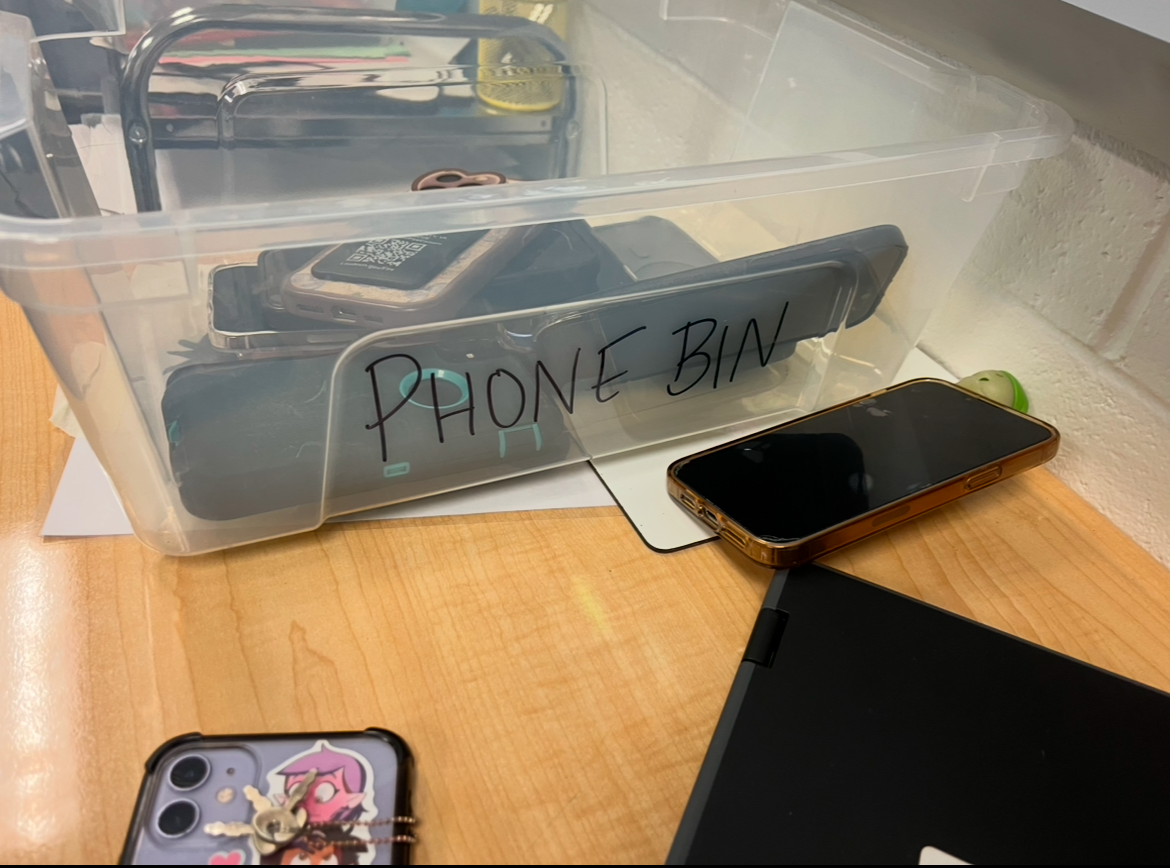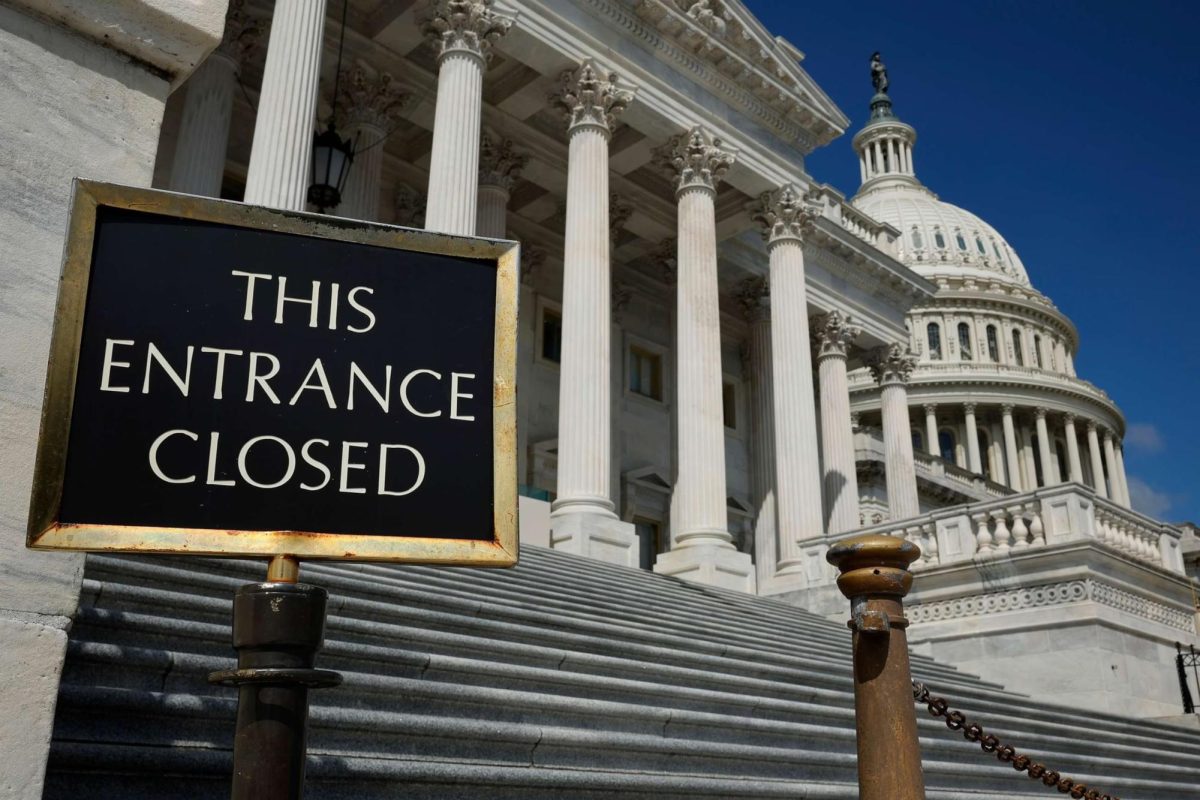On September 30th, 2023, President Joe Biden signed a bill called HR 5860 that would prevent a government shutdown for 45 days. The event of a government shutdown has been looming over government and non-government workers alike. For most people, it’s scary, as they don’t have any idea what a government shutdown is, what it entails, or why it’s happening.
“A government shutdown is when Congress doesn’t approve a budget or a continuing resolution to fund any part of the government,” Lead IT Specialist for the Department of Homeland Security Walter Hoo said. “A budget is usually for a year, and a continuing resolution is funding at the same amount as the previous year, but only for a certain period, like 30 or 45 days.”
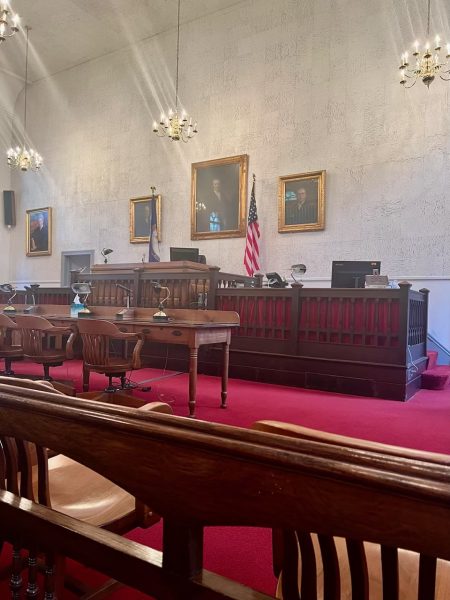
A government shutdown has happened before. The most recent one being December 2018-January 2019 lasting just over a month. Government shutdowns impact all types of federal employees such as military and government workers, both essential and non-essential; however, they’re all impacted in different ways.
“There are different types of government workers, for the military it means they work without pay. For branches of the government doing law enforcement like the FBI, Immigration Customs Enforcement, which is ICE, or Homeland Security Investigations, which is HSI, and any other branches or groups that are considered essential, they will continue working without pay, like the military,” Hoo said. “Everyone else that is designated as non-essential will stop working on the day that is defined by their agency and they cannot work again until a continuing resolution, or budget, is approved.”
According to a report from the CBO, the five-week shutdown in December 2018-January 2019 cost the U.S. economy $11 billion, and approximately $3 billion of that would be permanently lost. Meanwhile, some government families aren’t getting paid the amount that they typically would get for the time that they worked following shutdowns; this leaves people wondering where this debt is coming from.
“At this point my mom wasn’t in a high ranking position, so all three of my parents were out, they weren’t making any money, they weren’t going to work, and it was definitely a harder time because you’re worrying about money,” Future Farmers of America Vice President for the Academies of Loudoun Junior Brie Bruetsch said. “My parents did [get paid after the shutdown], but not the full amount that they would’ve gotten if the government hadn’t shutdown…”
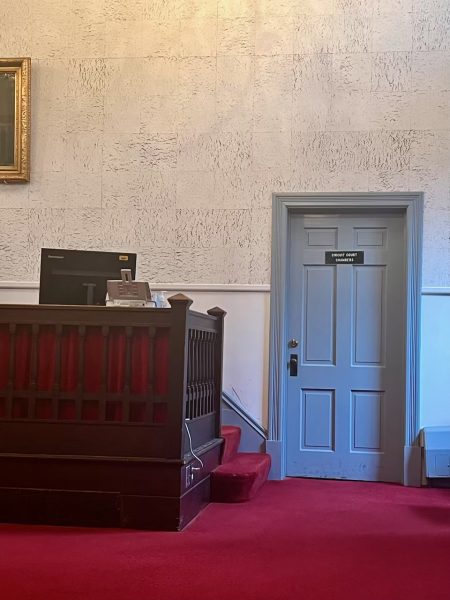
Kevin McCarthy was ousted as speaker of the House on October 3rd with a historic vote of 216-210. He was removed after he supported the bill, HR 5860, that Biden signed a mere three hours before the government shutdown would’ve happened.
“I think it’s increasing the likelihood of a government shutdown because McCarthy, having been in the House of Representatives for many years, learned to work with the other side, the democrats, and the extremist right-wingers in his party held out and voted to not fund the government…” Hoo said. “Most of the far right House members are not willing to speak to the other Republicans, much less reach across the table to discuss with the democrats the government shutdown and the various solutions…”
Congress is essentially the cause of this entire shutdown, and they would be facing little to no repercussions for this. A shutdown would predominantly impact the scope of the government’s capabilities, and what they’re able to accomplish. Businesses across the country actively engage with federal workers and various federal departments on the daily.
“I feel like Congress has no excuse for situations like this,” Bruetsch said. “Congress has a full year to do this… it impacts millions of Americans and their families. I imagine they wouldn’t react well if they weren’t making enough income to support their families, it’s ridiculous.”


